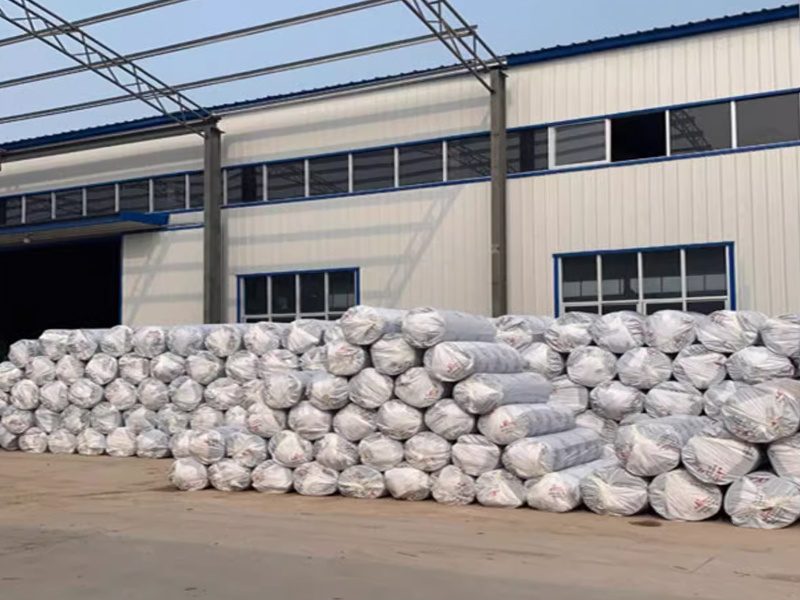Unlocking the Benefits of Glass Wool in Industry Solutions
May 31,2025
The Marvel of Glass Wool
When it comes to insulation materials, few can rival the prowess of glass wool. This innovative product, made from fine strands of glass fibers, has become a staple in the construction and manufacturing sectors. From thermal insulation to soundproofing, glass wool offers an array of benefits that can’t be overlooked. Let’s dive deep into the world of glass wool and discover why it’s such a game-changer in industry solutions.
What is Glass Wool?
So, what exactly is glass wool? Well, it’s a lightweight insulation material created by spinning molten glass into fine fibers. These fibers are then bonded together, creating a fluffy, wool-like texture that’s perfect for insulating buildings, appliances, and more. The best part? It’s eco-friendly and recyclable, making it a top choice for sustainable building practices.
Why Use Glass Wool?
Alright, let’s get down to brass tacks. Why should you even consider glass wool for your insulation needs? Here are a few reasons:
- Thermal Performance: Glass wool provides excellent thermal insulation, reducing energy costs by keeping buildings warm in winter and cool in summer.
- Sound Absorption: Its fibrous structure makes it a fantastic soundproofing material, ideal for noisy environments like factories or studios.
- Fire Resistance: Being non-combustible, glass wool doesn’t burn, offering additional safety in construction.
- Moisture Resistance: Unlike traditional insulation materials, glass wool resists moisture, preventing mold growth and maintaining its insulating properties.
Applications Across Industries
Glass wool isn’t just for homes; it’s widely used across various industries. Here’s a peek into some applications:
- Construction: In buildings, it’s used in walls, ceilings, and roofs for thermal and acoustic insulation.
- HVAC Systems: Glass wool is often found in ductwork to minimize heat loss and reduce noise.
- Appliances: From refrigerators to ovens, glass wool insulation helps improve energy efficiency.
- Marine and Automotive: It’s used in ships and cars for soundproofing and thermal insulation.
Installation Made Easy
One of the best things about glass wool is its ease of installation. It’s lightweight, flexible, and can be easily cut to fit any space. Whether you’re a DIY enthusiast or a seasoned contractor, installing glass wool insulation is a breeze. Just remember to wear protective gear, as the fibers can irritate the skin and eyes.
Challenges and Considerations
Now, it’s not all sunshine and rainbows. There are a few challenges to consider when using glass wool:
- Health Concerns: While modern glass wool is safer than older products, it’s still important to handle it with care.
- Cost: Although it’s cost-effective in the long run due to energy savings, the initial investment might be higher than some traditional materials.
In Conclusion
To wrap it up, glass wool is a versatile and efficient insulation material that can significantly enhance industrial solutions. Its thermal performance, sound absorption capabilities, and environmental sustainability make it a go-to choice for many industries. So, whether you’re building a new structure or retrofitting an existing one, consider incorporating glass wool into your plans. You won’t regret it!
Contact Us









